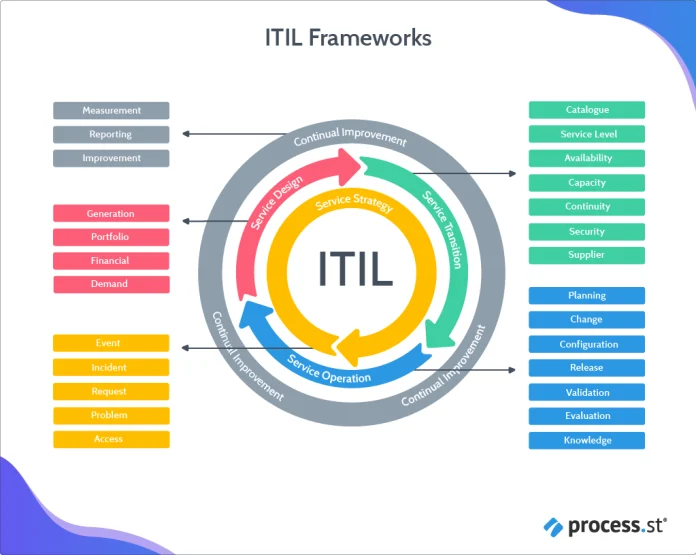ITIL Event Management: Transforming IT Service Management Efficiency
In the dynamic landscape of modern information technology, organizations are constantly seeking strategies to optimize their operational performance. At the heart of this optimization lies a critical component of IT service management: event management. This sophisticated approach has revolutionized how businesses monitor, respond to, and prevent potential IT infrastructure disruptions.
Understanding Event Management in IT Service Management
Imagine your IT infrastructure as a complex, interconnected ecosystem where thousands of signals flow simultaneously. Event management serves as the vigilant guardian, tracking, interpreting, and responding to these digital communications. But what exactly constitutes an IT event?
An IT event can be defined as any detectable occurrence within an IT environment that holds significance for managing IT services or infrastructure. These events range from routine system notifications to critical alerts indicating potential system failures. Unlike traditional monitoring approaches, modern event management goes beyond mere detection—it provides intelligent, proactive insights.
Event Type
Description
Potential Impact
Informational
Routine system status updates
Low operational significance
Warning
Potential performance degradation
Moderate risk of service disruption
Critical
Immediate system or service threat
High risk of service failure
Performance
Resource utilization changes
Potential capacity planning insights
The Core Processes of Effective Event Management
Effective event management follows a meticulous, multi-stage process designed to transform raw data into actionable intelligence. The journey begins with event detection—a continuous, real-time monitoring mechanism that captures every nuanced signal within the IT ecosystem.
Event filtering emerges as the next crucial stage. Not all events carry equal weight, and overwhelming IT teams with insignificant notifications can lead to alert fatigue. Sophisticated filtering mechanisms categorize events based on predefined criteria, ensuring that only meaningful signals receive immediate attention.
Correlation and analysis represent the pinnacle of event management sophistication. By examining relationships between seemingly independent events, IT professionals can uncover complex patterns, predict potential issues, and implement preemptive solutions.
Benefits of Robust Event Management Strategies
Implementing a comprehensive event management strategy yields multifaceted organizational benefits. Enhanced system reliability stands at the forefront—by identifying and addressing potential issues before they escalate, businesses minimize unexpected downtime and maintain seamless operational continuity.
Cost optimization emerges as another significant advantage. Proactive monitoring reduces the need for reactive troubleshooting, which traditionally consumes substantial financial and human resources. Moreover, predictive insights enable more strategic infrastructure investments and resource allocation.
Implementing Best Practices in Event Management
Successful event management relies on a strategic blend of cutting-edge technologies and refined processes. Automation stands as a game-changing approach, enabling continuous monitoring without overwhelming human resources. Advanced monitoring tools equipped with machine learning algorithms can distinguish between normal fluctuations and genuine anomalies.
Key implementation strategies include:
- Establishing clear event classification criteria
- Developing comprehensive monitoring dashboards
- Creating automated response protocols
- Implementing real-time notification systems
Future Trends in IT Event Management
The horizon of event management is rapidly evolving, driven by technological advancements in artificial intelligence and predictive analytics. Machine learning algorithms are becoming increasingly sophisticated, capable of not just monitoring events but predicting potential infrastructure challenges with remarkable accuracy.
Emerging trends suggest a future where event management transcends reactive and proactive models, entering a predictive and prescriptive realm. Imagine an IT infrastructure that not only identifies potential issues but automatically implements preventive measures—a vision quickly transitioning from science fiction to operational reality.
Conclusion
Event management represents more than a technical discipline—it’s a strategic approach to maintaining robust, efficient IT ecosystems. By embracing comprehensive monitoring strategies, organizations can transform potential vulnerabilities into opportunities for continuous improvement and innovation.
The journey towards exceptional IT service management begins with understanding, implementing, and continuously refining event management practices. Are you ready to revolutionize your technological resilience?










